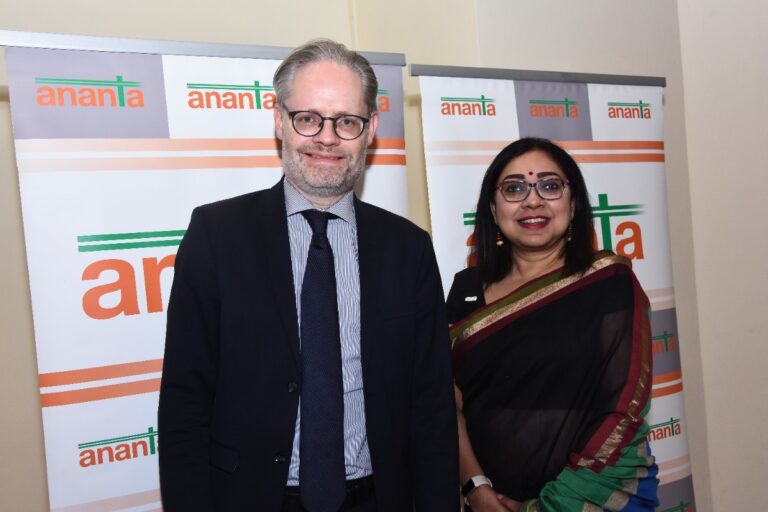While the pandemic has disrupted our lives in terms of all we understood as normal, it has also created the space for technology to bloom. What AI and IoT do in the current context of Covid -19 is reinvent the manner in which work was envisioned and introduce novel ways to keep workers safe while also driving productivity.
AI and IoT are still recent and unfamiliar to many. Therefore, highlighting the potential benefits of the same is imperative to truly gauge how these technologies can bring about transformative change. Keeping this in mind, the Aspen Ananta Centre organized a Masterclass with Tejpreet S. Chopra, the Founder & CEO of Bharat Light and Power Group (BLP), to speak on how AI and IoT can allow businesses to continue during a pandemic and the work his organization has done around the same.
The relevance of AI technologies in a pre-Covid world was envisioned around predicting machinery failures, optimizing supply chain, driving asset productivity and developing visual technologies. However, in the context of the pandemic, these technologies can be altered in a manner that would allow businesses to continue while creating systems that would ensure the safety of the workers.
The three main technology samples that are leading the shift towards AI and IoT are Trust AI, US Pro and Spot AI. Trust AI is based on training a computer vision model to detect the practice of social distancing in the workplace. Without any new investment, an installed camera can be used to decipher this. Furthermore, alerts can be sent out in case of any alarming happenings such as the breaking of social distancing protocol or individuals not wearing masks.
Another type of AI technology that has been developed is US Pro. This is relatively simple in principle as it uses one’s cell-phone to detect when social distancing is broken and then utilises the same data to carry out contact tracing.
Spot AI is innovative and revolutionary in the sense that it can track anything present on the factory floor. Aside from ensuring a plethora of opportunities for asset management, this also helps bring in bands in place of cell phones for contact tracing and other safety purposes.
Each industrial requirement is different and therefore for AI and IoT to successfully permeate the market, fitting these varied needs is essential. What is also crucial is a discussion on privacy protections provided. With great power comes great responsibility, and with AI, the potential for misuse is also plenty. Mr. Chopra elaborated on the steps his organization had taken to protect worker privacy which includes storing absolutely no data, providing encryption and anonymity and ensuring tracking in only the public sphere.
Efficient technologies are bound to take over the world. While the growth of AI and IoT in times of Covid is imminent, the opportunities it provides are remarkable in terms of a revolutionary reinvention to the manner in which work is carried out. By keeping workers safe, ensuring productivity and changing how people interact, AI and IoT are nothing short of a mine of options during a global crisis and even after.
To watch the session, please click here:-























